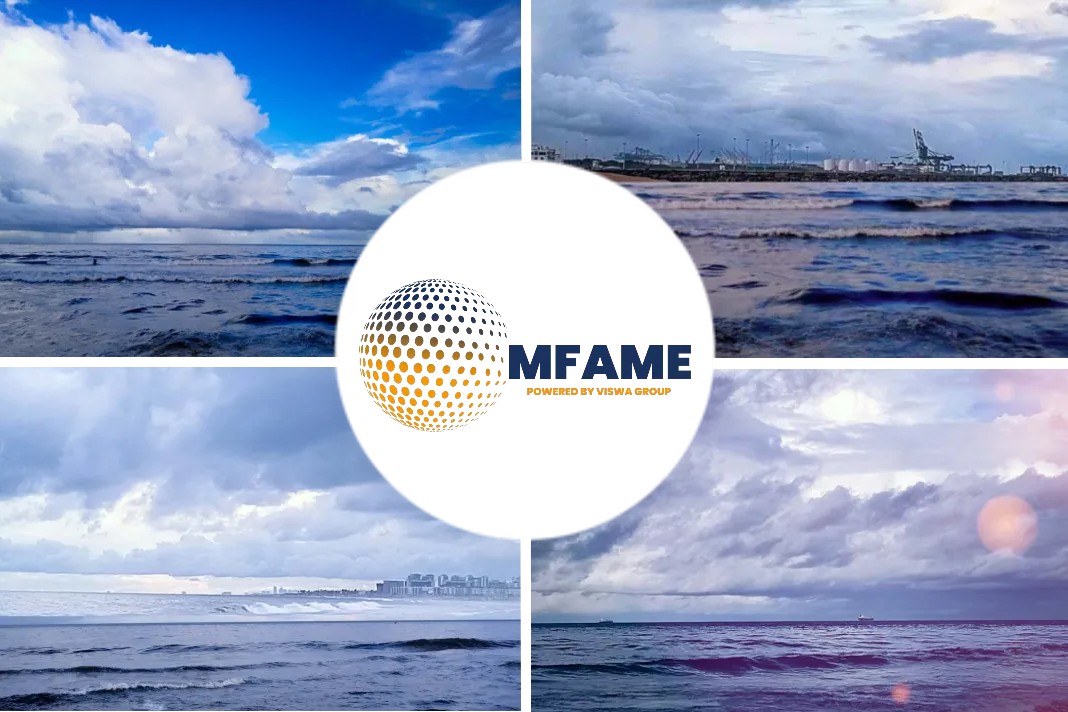
- New embargo, plus G7 price cap, set to go into effect Feb. 5
- Europe has alternative suppliers, strategic stocks, Simson says
- EU encouraged by muted crude price reaction to Dec. 5 sanctions
European and G7 countries have secured alternative fuel supplies and can draw on their strategic oil reserves to mitigate the impacts of the upcoming sanctions and price cap on Russian refined products, the EU’s energy chief said Jan. 15, reports SP Global.
Russian crude oil shipments
The measures are on top of a similar EU embargo and the G7’s $60/b price cap on Russian crude oil shipments that came into effect Dec. 5.
“We believe that we gave sufficient time for our markets to react and find alternative supplies,” EU energy commissioner Kadri Simpson told reporters on the sidelines of an industry conference in Abu Dhabi. “We have mapped all of those alternative supplies. We believe that we are prepared, and on top of that, we do have strategic oil reserves [which] gives us additional confidence.”
The EU’s 27 member states are required to hold 60 days or more of refined product inventories in storage.
Russia has been the EU’s largest supplier of diesel, but Simson cited Kuwait’s intent to boost diesel exports to Europe fivefold as an example of how the continent has successfully sought to diversify its fuel sources.
Bloomberg first reported the Kuwaiti plans Jan. 9, citing a person familiar with the matter, with state-owned Kuwait Petroleum Corp. set to ship 2.5 million mt of diesel, as well as double its exports of jet fuel to the EU to about 5 million mt.
Kuwait’s oil ministry said Dec. 25 the country, which is ramping up operations at its new 615,000 b/d Al-Zour refinery, had made its first “winter grade” diesel shipment to Europe – a 66,000 mt cargo.
Simson declined to name any other potential new suppliers, saying the EU was itself not involved in these commercial negotiations.
In July, TotalEnergies signed a deal to import 300,000 mt of diesel from the UAE’s Abu Dhabi National Oil Co. to cover potential supply shortages in France.
ADNOC is also boosting diesel supplies to Germany, after completing its first ever direct diesel delivery to Germany in September.
ADNOC has agreed to the terms with Germany’s Wilhelm Hoyer GmbH & Co. on the supply of up to 250,000 mt of diesel per month in 2023.
Price cap negotiations
Talks among G7 countries are still ongoing over what price levels to set the refined product caps, and Simson declined to reveal any details of the negotiations.
Nor would Amos Hochstein, the US’ top energy envoy, who told reporters separately: “Feb. 5 is when the ban comes into place. We’re in discussions ahead of that. We’re going to work with everybody to make sure it works.”
Both Simson and Hochstein were attending the Atlantic Council’s Global Energy Forum.
The EU has also discussed imposing a price cap on Russian gas supplies.
In her remarks to the forum, Simson said the muted oil price reaction to the crude oil embargo and price cap indicates that the market was able to adapt.
Key Russian crude grade Urals has been trading well below the $60/b price cap, with Platts assessing the grade at $43.30/b on Jan. 13, according to S&P Global Commodity Insights data.
“We announced our sanctions already in June,” Simson said. “We gave relatively reasonable time for our industry and member states for transitioning away from Russian shipments. The impact to our economy has not been significant.”
Did you subscribe to our daily Newsletter?
It’s Free! Click here to Subscribe
Source: SP Global





















